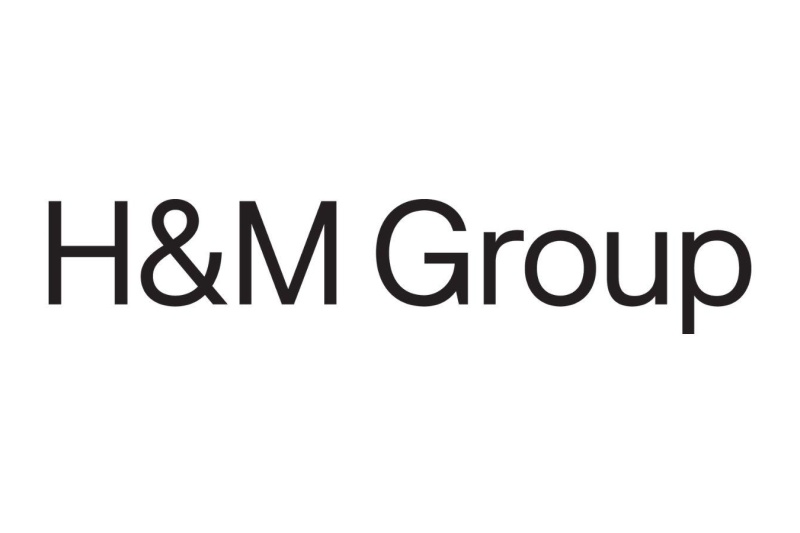
Oil and Gas
For the sake of the planet – and business performance – it is imperative that oil and gas companies rapidly cut emissions. We're developing a new methodology for companies in this sector to set science-based targets. See our policy regarding this sector.
Guidance for the oil and gas sector
New Terms of Reference for the oil and gas project
The SBTi has released new Terms of Reference (TOR) for its oil and gas project that is developing a target setting standard for companies within the sector. The TOR contains details on the continued development of the standard, including topics to be addressed and timelines - read a summary in our latest blog. The initiative is also calling for applicants to a new Expert Advisory Group (EAG) to support the development of the draft resources - read the Terms of Reference and apply now.
Oil and Gas Standard
Why take action?
Fossil fuel combustion and industrial processes represent the single largest source of CO2 (85%) and overall greenhouse gas emissions (64%) worldwide (IPCC, 2022). In addition, the oil and gas (O&G) industry is one of the largest contributors of methane emissions. To meet the goals of the Paris Agreement and avoid catastrophic and irreversible climate change, the sector must radically transform.
O&G companies are highly exposed to net-zero transformation risks - as well as opportunities. With its considerable scientific, technical, economic and financial assets, the sector wields enormous power to drive ambitious climate action and build the net-zero economy that we urgently need. That’s why the SBTi established the O&G Standard development project.
The purpose of this project is to develop science-based target-setting methodologies that allow stakeholders, including companies, investors, governments and civil society, to understand the transformation O&G companies must make to align with the goal of limiting the global temperature increase to 1.5°C above pre-industrial levels, as outlined in the Paris Agreement.
The SBTi is taking a transparent, phased approach to the development of this guidance. While we continue to develop our methodology, the SBTi is unable to accept commitments or validate targets for companies in the O&G or fossil fuels sectors. Find out more about our fossil fuel policy.
To date, the SBTi has taken the following actions in the methodology development process:
November 2023: The SBTi called for new EAG applicants to support the development of new resources. The SBTi also released new Terms of Reference to drive the continued development of a target setting standard for oil and gas companies.
January 2023: The SBTi and Mott MacDonald published the outcomes from the EAG review of the draft O&G methodology.
September 2022: The SBTi and Mott MacDonald published the Oil and Gas Interim Report providing an update on the status of the project and the next steps.
May 2022: The SBTi partners with Mott MacDonald to support the review and finalization of science-based methods and guidance for the O&G sector, through the facilitation of an Expert Advisory Group (EAG) review.
March 2022: The SBTi instituted its policy to pause target commitments and validations for fossil fuel companies while development work continues.
April 2021: The project Steering Committee pauses the O&G project due to several challenges, including resource limitations and the prioritization of other SBTi workstreams, such as the SBTi Net-Zero Standard.
October 2020: The SBTi published draft resources outlining science-based target setting methods and guidance for O&G companies. This work was the outcome of a collaborative process involving a technical working group composed of approximately 20 members, representing civil society organizations, oil, gas and integrated energy companies, investors, policymakers, academics and other experts. Resources and a list of participants in this process can be found here.
Browse more sectors
If your sector is not listed here, you can still set a science-based target using our methods and resources. Consult the step-by-step guide to get started.
Latest News
View News


